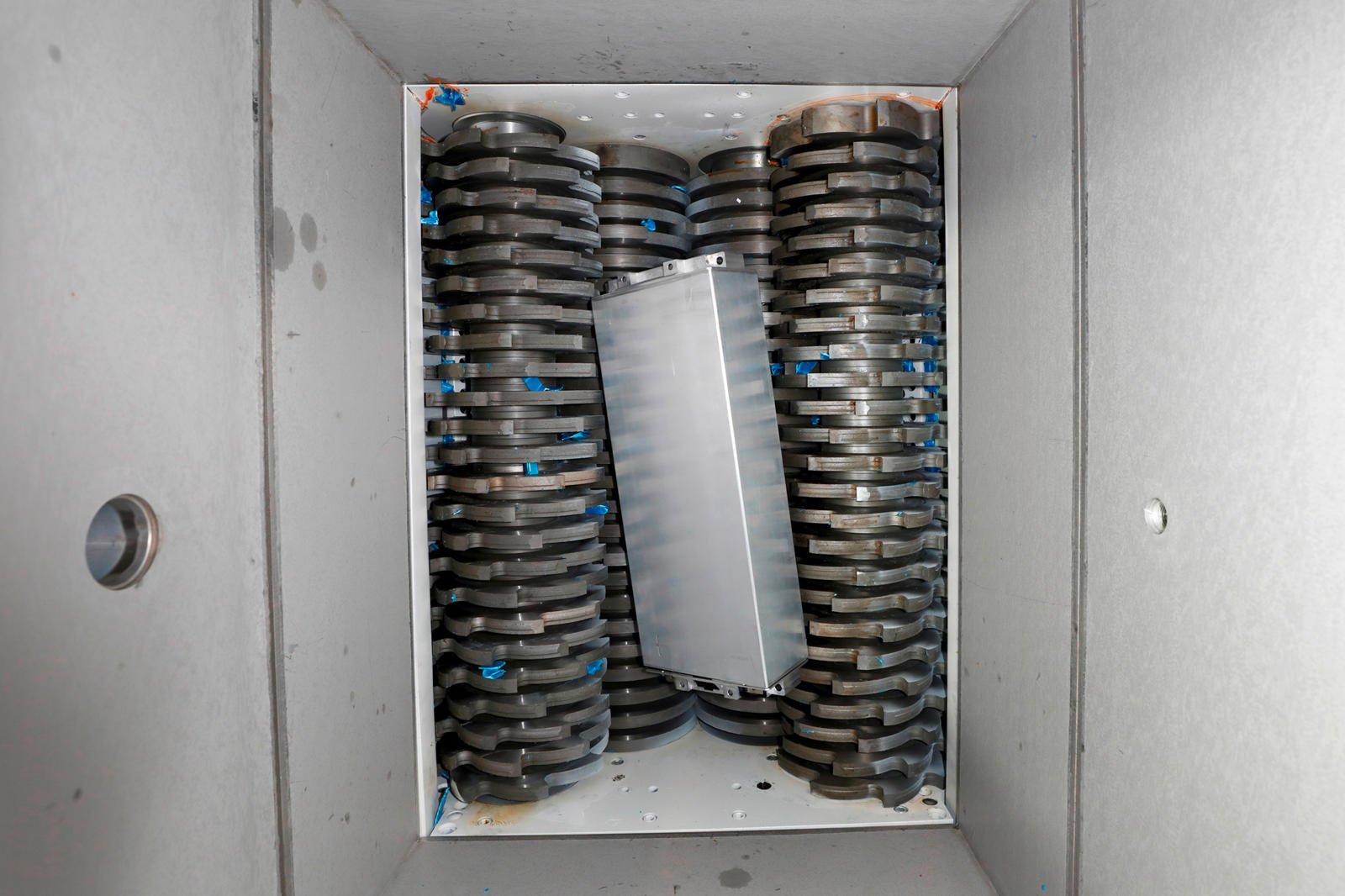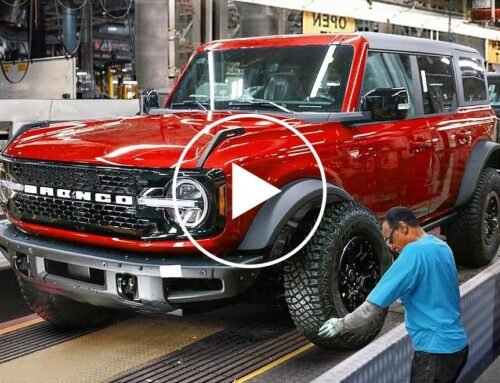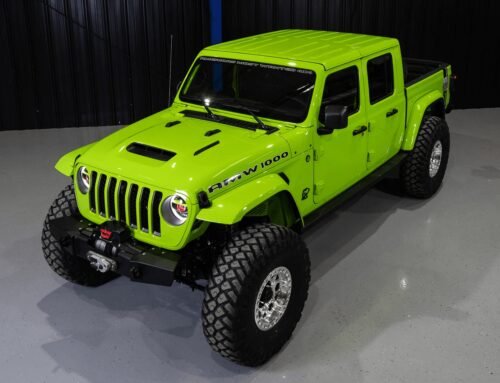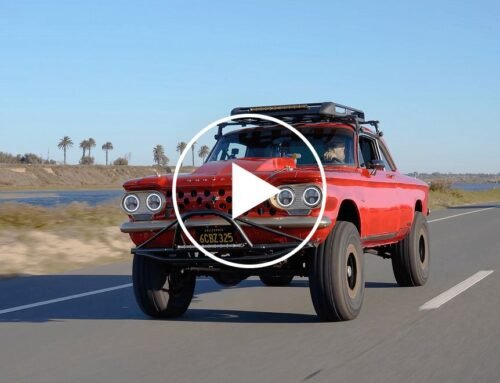The result will be cleaner EV production.
The world is aiming to become more efficient, and a big part of that responsibility lies with automakers. While electric vehicles do their part to reduce emissions, they also contribute to emissions with the energy-intensive production of their batteries and other components. To offset this, manufacturers have been trialing recycled materials. Jaguar is reusing fishing nets, Polestar’s factory runs off renewable energy, and Nissan is recycling old Leaf batteries. Volkswagen has also decided to be smart about recycling batteries, and its pilot plant in Salzgitter has now begun operations. It’s not enough to just create an electric vehicle like the ID.4 – Volkswagen wants to make sure that production is clean too.
 Volkswagen
Volkswagen
 Volkswagen
Volkswagen
 Volkswagen
Volkswagen
 Volkswagen
Volkswagen
This plant is Volkswagen’s first dedicated to recycling electric car batteries that can no longer be used for other purposes. Volkswagen says that “before the battery is recycled, an analysis determines whether the battery is still powerful enough to be given a second life in mobile energy storage systems such as the flexible rapid charging station or the mobile charging robot”. Of course, other manufacturers have their own means of disposing of batteries or repurposing them, so while EV production ramps up, VW only expects large volumes of batteries to be processed in the late 2020s. Thus, the plant has been designed to initially recycle up to 3,600 battery systems per year during the pilot phase – equivalent to around 1,500 tonnes.
 Volkswagen
Volkswagen
 Volkswagen
Volkswagen
 Volkswagen
Volkswagen
 Volkswagen
Volkswagen
But in keeping with the ethos of smart sustainability, Volkswagen will be ready for larger scales of recycling, with the system designed to be scaled up when required. In addition, the batteries are recycled in an innovative manner that saves carbon. Once the batteries are delivered, deep discharged, and dismantled, the individual parts are ground into little granules in a shredder and then dried. This process yields, aluminum, copper, plastics, and “black powder”. This black powder contains the raw materials that batteries need, including lithium, nickel, manganese, cobalt, and graphite. And since recycled battery raw materials are just as efficient as new ones, fresh batteries can be made. With demand for raw materials set to increase drastically, this is a smart move. Well done, Volkswagen.
 Volkswagen
Volkswagen
 Volkswagen
Volkswagen
 Volkswagen
Volkswagen
 Volkswagen
Volkswagen
 Volkswagen
Volkswagen





